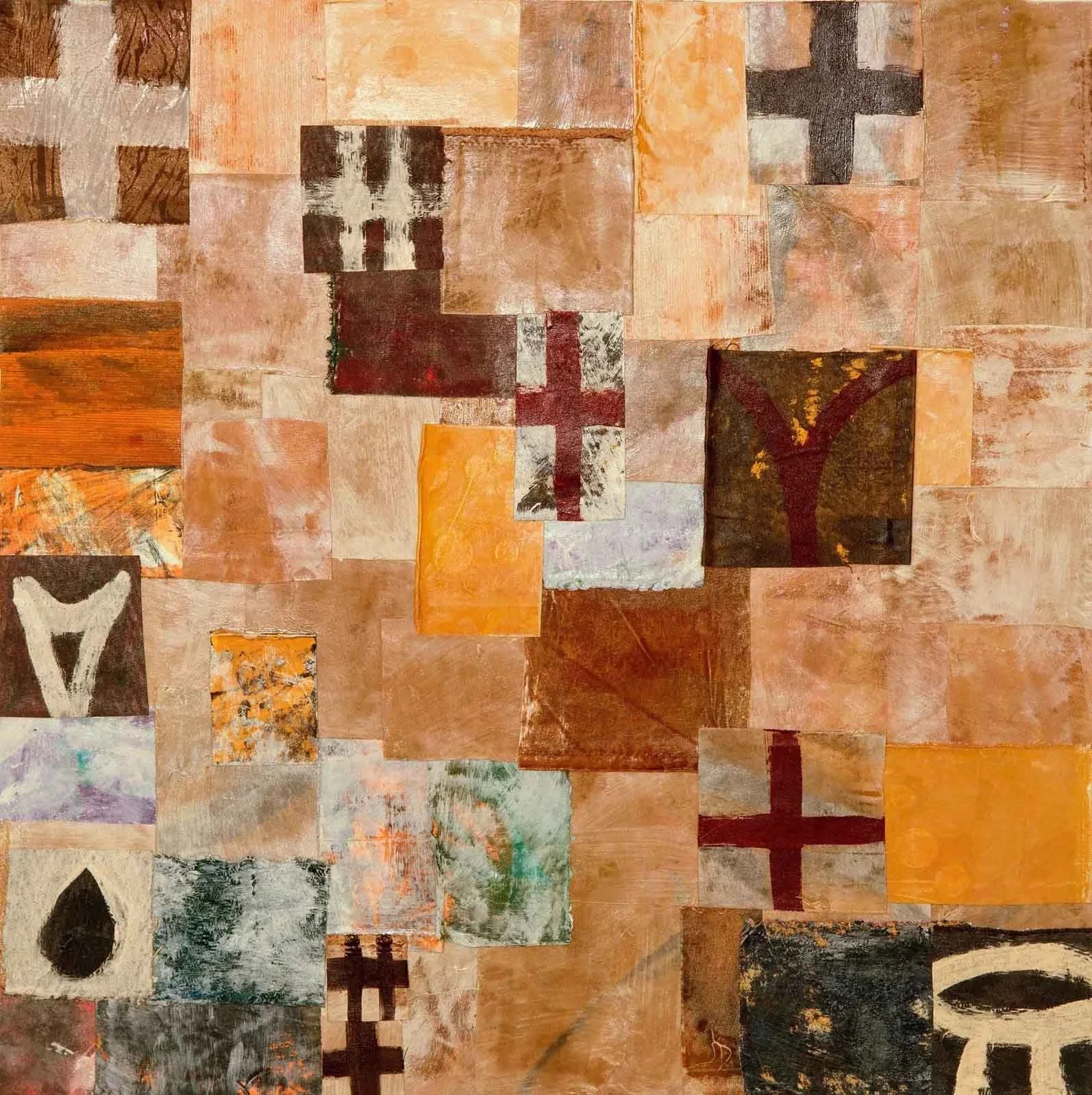Part I: On Violence
When Black mothers face the decision between staying with a violent partner or embarking into single motherhood, they are choosing between two grim realities: violence or poverty. Read the series introduction here.Calling it “violence” is not hypberbolic.
Despite the inherent belief (with origins in slavery and the welfare system) that Black women are hyper-loyal to their independence and thus more durable to the task of single motherhood, almost all Black single mothers are in their circumstances because they left or fled some form of violence.
In the Black community, domestic violence is the number one health issue facing Black women today.
Sixty percent of single mothers with children under eighteen have experienced intimate partner violence (IPV), leading to further forms of domestic abuse and even homicide. IPV against pregnant Black women increases the risk of birth complications, infanticide, and pregnancy-associated homicide—primarily by gun violence—which, according to the American Journal of Public Health, affects non-Hispanic Black women at disproportionately high rates. To date, there is no comprehensive policy addressing this alarming epidemic. Even more dismal, 37.1% of Black women experience reproductive coercion in their relationships, compared to 18% of white women.
The narrow perception of IPV as only physical abuse creates another layer of isolation for Black mothers. Many resources are limited to survivors of physical violence, leaving those experiencing abuse in its countless forms unsupported.
The long-term effects of IPV are devastating for Black mothers: depression, PTSD, autoimmune diseases, traumatic brain injuries, other physical health issues, and suicidality are lasting impacts.
Secret Desire by Kesha Bruce
Financial IPV adds another dimension of harm, leaving Black mothers in debt, without assets, and unable to save for the future.
According to the organization Freeform’s 2021 whitepaper, Making Safety Affordable, abusers steal an average of $1280/month from their partners; over 74% of the general abuse-survivor populace reported being put on strict allowances or being forced to surrender their whole paycheck to their partner, and 52% reported experiencing coerced or fraudulent debt. Such abuse in particular prolongs a Black single mother’s “staying,” as it makes saving money and having wider options for where to go nearly impossible.
Beyond a Black mother’s home, society fosters specific forms of violence against her in an unpartnered state. Accusatory statistics about the supposed desolation of unwed Black motherhood amplify her struggles, offering no acknowledgment of historical context or accountability for the male role in creating these circumstances—grimly framing and enabling a bleak future. These narratives shape harmful ideas for a society that feels legitimized in its despising of Black single mothers.
37.1% of Black women experience reproductive coercion in their relationships, compared to 18% of white women.
Meanwhile, medicine and public health systems exacerbate the harm by perpetuating false beliefs that Black women’s bodies deserve less care and can endure more pain—ideas often internalized by Black women, shaped by societal constructs that bind us to violence, with the expectation that we will nurture violence into civility.
The “strong Black woman” label further perpetuates microaggressions and cycles of violence by excusing the withholding of support while projecting that asking for help subtracts from one’s Black identity. Statistics also show that Black women are least likely to report domestic violence, feeling pressured to protect their abusers or maintain a “stable” home environment–decisions directly proportional to societal projections that the Black woman is its mule (another violence). Another consequence of this trope is the tendency of Black women to downplay their mental health to prioritize taking care of their families. Statistically, Black mothers are least likely to report mental health struggles to doctors, who are proven to provide them with less care, such as prescribing fewer pain and mental health medications or withholding vital resources like culturally aligned support groups. Instead, they are more likely to face punitive measures, like being reported to CPS.
The system routinely does the bare minimum for Black single mothers, maintaining and reinforcing violence through systemic neglect.
Intimate partner violence creates one half of a gruesome trap between violence at home and the poverty experienced if a Black mother flees, she must navigate the financial and emotional toll of living on a single income, recovering from trauma, and raising children alone. These burdens are often dismissed but actively deplete Black mothers’ energy, resources, and well-being. They are violences.
Between Starshine and Clay by Kesha Bruce
Black women across the board are already met with sociocultural and economic cynicism, hatred, and neglect. The experience of single motherhood within this hostile ecosystem only amplifies these challenges. Societal violence against Black single mothers is deliberate, sustained, and casually dismissed.
The stark reality that a Black single mother’s choices are confined to violence at home or violence in poverty underscores the systemic mechanisms that perpetuate these injustices. That this even needs to be argued on behalf of Black women shows how deeply society has been numbed into accepting violence against Black single mothers as natural, even justified. The constant and insidious harms inflicted on Black women and their children—whether through slow destruction, cruel initiation, or outright punishment—are treated with disturbing indifference, as if they are just unavoidable sacrifices in the pursuit of a so-called “progress” shaped by heteronormative, Protestant ideals.






